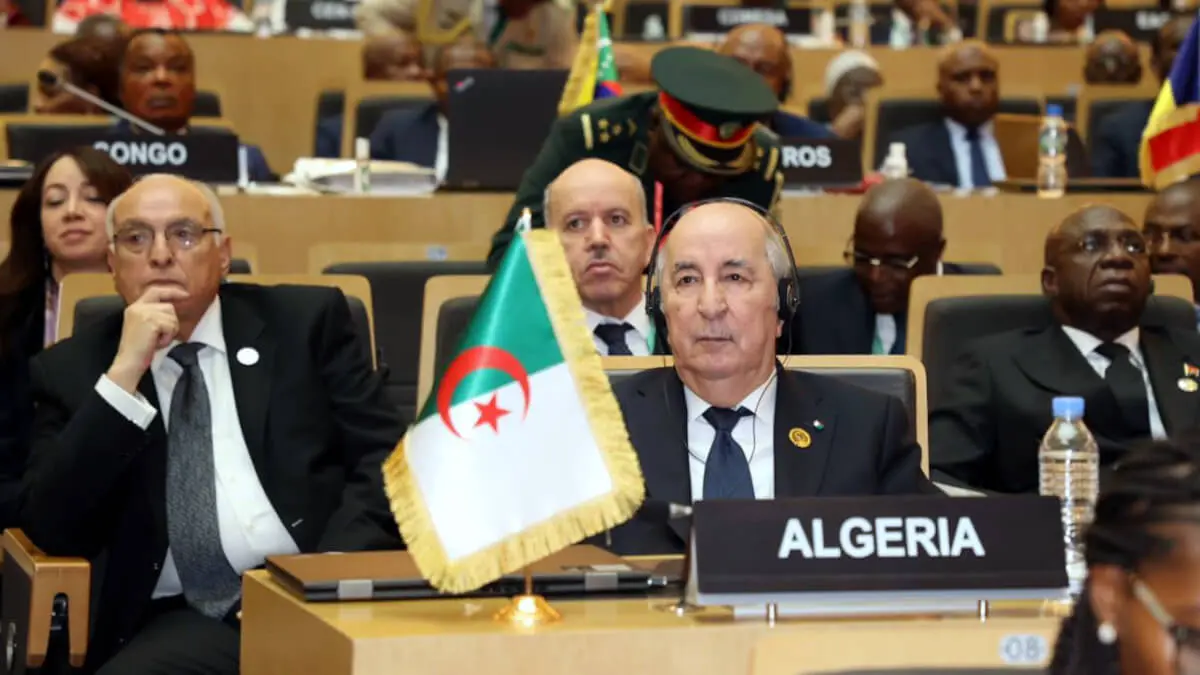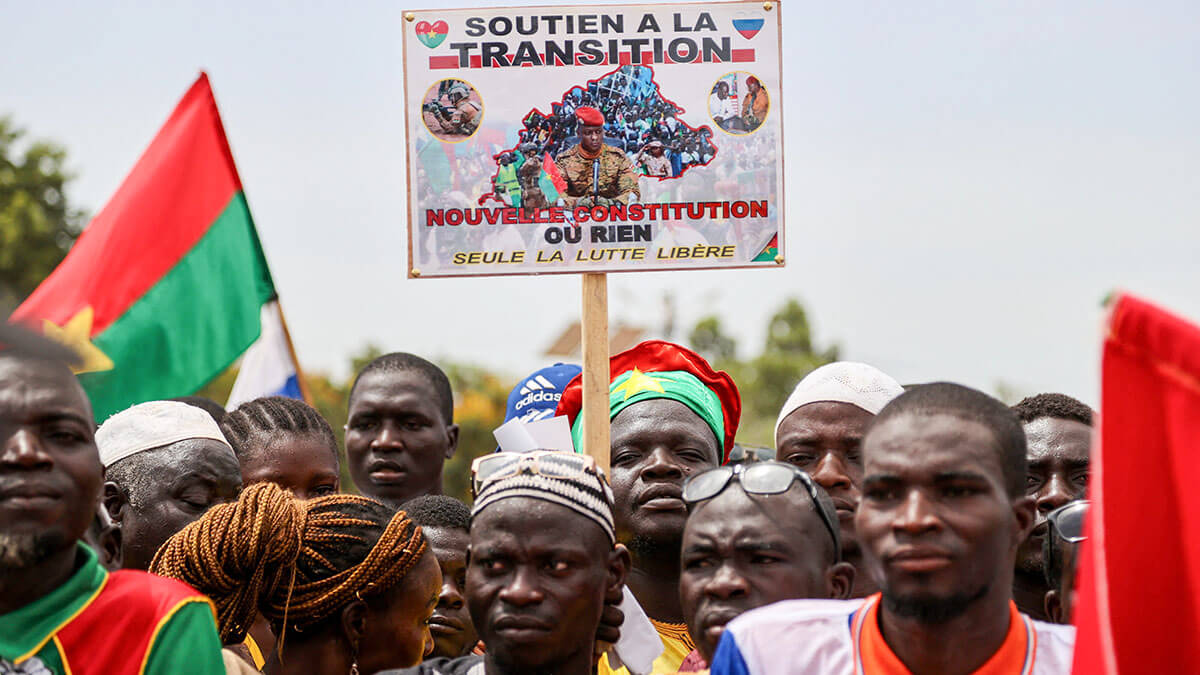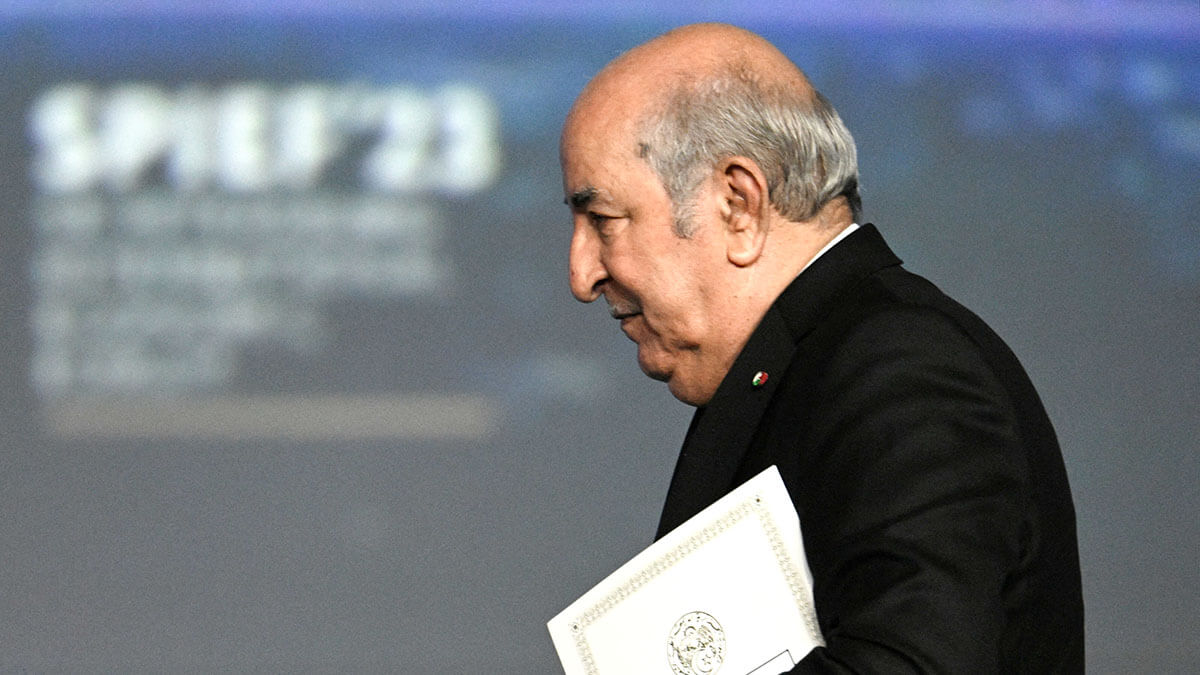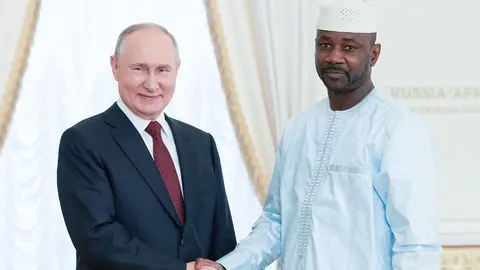Algeria turns to Sufism as soft diplomacy to ease tensions in the Sahel
The visit of the leader of the Tijaniyya order to Burkina Faso signals a strategic shift by Algiers towards spiritual channels to curb escalation in the region

Algeria has turned to the soft power of Sufi orders to ease growing diplomatic tension with the countries of the Sahel, betting on their spiritual and social influence in a context of political crisis. In a high-profile visit, the general caliph of the Tijaniyya order, Ali Belarabi, travelled to Burkina Faso aboard a presidential plane accompanied by an official delegation, suggesting direct coordination with the Algerian authorities.
For a week, Belarabi oversaw religious activities in Ouagadougou, but his agenda also included meetings with senior Burkinabe government officials, revealing the political background to his presence. Everything indicates that the visit is part of an attempt to defuse the diplomatic crisis that worsened after the Algerian army shot down a Malian drone in early April, precipitating a wave of measures such as the withdrawal of ambassadors and the closure of airspace between Algeria and Mali, Niger and Burkina Faso.
In public statements, Belarabi emphasised the need to strengthen spiritual and social ties between peoples as an antidote to extremism and political fragmentation. ‘This is a test that nations are going through, and the only solution is unity of opinion and putting the national interest before any other consideration,’ he said after meeting with Burkinabe presidential adviser Boubacar Doukouré, according to Al-Arab.
The Tijaniyya order, with a long and deep-rooted presence in the Sahel and West Africa, appears to be positioning itself as an alternative channel of mediation in a region increasingly shaken by geopolitical competition and the activity of armed jihadist groups. Analysts interpret the visit as a carefully orchestrated move by Algiers to restore diplomatic bridges that official channels have failed to rebuild.
The use of a presidential plane and the deployment of security measures reinforce the perception that the initiative had state backing. This is the first time that an Algerian Sufi religious leader has made such a trip with such logistical support, making the trip a political gesture in itself.

Sheikh Belarabi received both an official and popular welcome in Burkina Faso. He held meetings with government leaders, dignitaries and numerous followers of the order, consolidating his image as a figure of consensus and a credible mediator. His speech warned of the danger of ideological polarisation in the Sahel, the advance of extremist movements and the risk of the region becoming a permanent hotbed of insecurity.
Despite the rise of new religious currents, Sufi schools continue to have a significant influence on Algerian society and beyond. Cities such as Ain Madhi and Ouargla remain epicentres of Sufism, attracting thousands of followers from across the African continent, which reinforces Algeria's role as a spiritual hub with regional influence.
The visit to Burkina Faso would not be an isolated event, but part of a series of planned trips that would include other Sahel countries, such as Chad and Libya, with the aim of weaving a parallel network of spiritual diplomacy. In this way, Algeria seeks to reconnect with its neighbours through their shared historical and religious ties, beyond the current political tensions.

The figure of the Tijaniyya caliph could be more effective in reaching the social base than the discourse of political leaders, as shared spirituality is presented as an alternative and complementary way to halt the escalation and open a space for reconciliation.
The Algerian authorities are confident that such initiatives, combined with efforts to counter disinformation on social media and in the mainstream media, will help to ease tensions. Indeed, at a recent African forum on cybersecurity organised in Algiers, the role of Sufi orders as agents of peace in the face of hate campaigns and digital polarisation circulating on the continent was highlighted.










